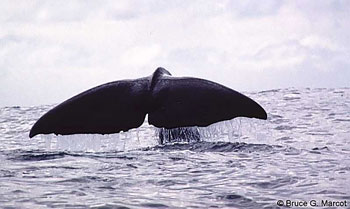The American Revolution, cont.
By the end of the Revolutionary War, both England and the Continental Congress recognized the desperate plight of Nantucket islanders. They began to issue whaling permits to a small number of merchants. Extensive damage had been done to the industry, however. In 1775 alone, 134 ships were lost and at War’s end fewer than thirty vessels remained. Over one thousand hardy young seamen had been captured or killed, many of them perishing in England’s prison ships. The widows and orphaned children of whalemen suffered the loss of their husbands and fathers. For island residents, starvation had been a constant threat and many families were forced to move to the mainland.
In spite of tremendous wartime losses, circumstances at the end of the Revolutionary War seemed favorable for rebuilding. New Englanders, accustomed to adversity and willing to work hard, were encouraged. Voyages launched immediately following the War found that whales were more plentiful, having had several years to grow back their population. There were even signs that some whales were returning to the New England coast. As early as 1783, the British began to allow American whale ships into their ports again to sell oil. The price for whale oil was rising and the industry looked as if it might prosper once again.

Bruce G. Marcot